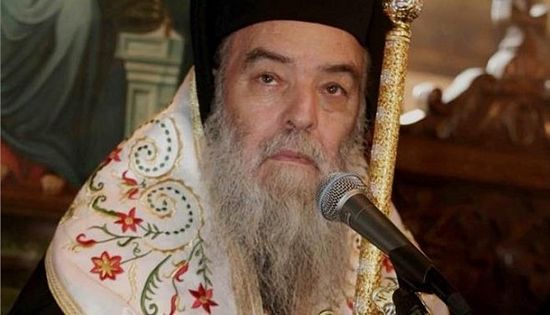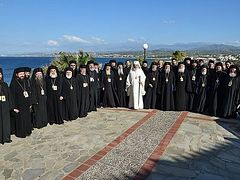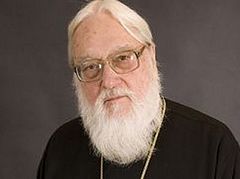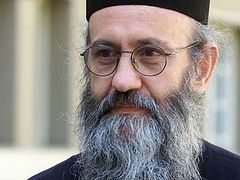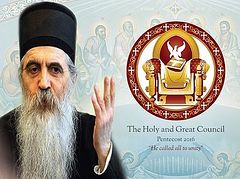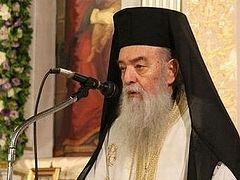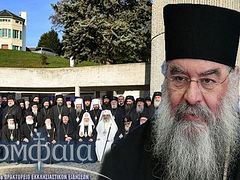December 13, 2016
The hierarch of the Greek Orthodox Church has commented on the results of the Crete Council and criticized the document “Relationship of the Orthodox Church with the Rest of the Christian World.” The main points of his statement are published here:
1. “The Crete Council should have clarified the situation (to protect believers from temptation) and should have publicly condemned the two main heresies of our times—papism and ecumenism.”
2. Instead, “the Crete Council not only did not condemn a single heresy, but rather called them ‘Churches.’”
3. “The Church possesses all the fullness of truth and cannot err. If it errs it ceases being the Church. In turn, heresy is delusion.
4. Therefore, using the expression “non-Orthodox Churches” we combine incompatible things: we confess that the Church can err, but heretics to be bearers of truth. It’s absurd.”
5. “The decision of whether to recognize the Crete Council will be jointly made by the whole hierarchy of the Greek Church.”
6. “The documents of the Crete Council can be amended by the next Holy and Great Council. They can be improved for the sake of achieving pan-Orthodox consensus, as the Antiochian, Russian, Bulgarian, and Georgian Churches did not participate in the work of the Crete Council. The usual practice for councils in the past was to hold several meetings over the course of many years, and then they were reckoned in Church consciousness as part of one council.”
7. “Expression of the Orthodox faith requires a precise and unambiguous formulation, full of deep theological meaning. Our Church has fought for accurate expressions of the dogmas of our faith.
Today we need prayer and discernment. We must avoid hasty and reckless steps.”

